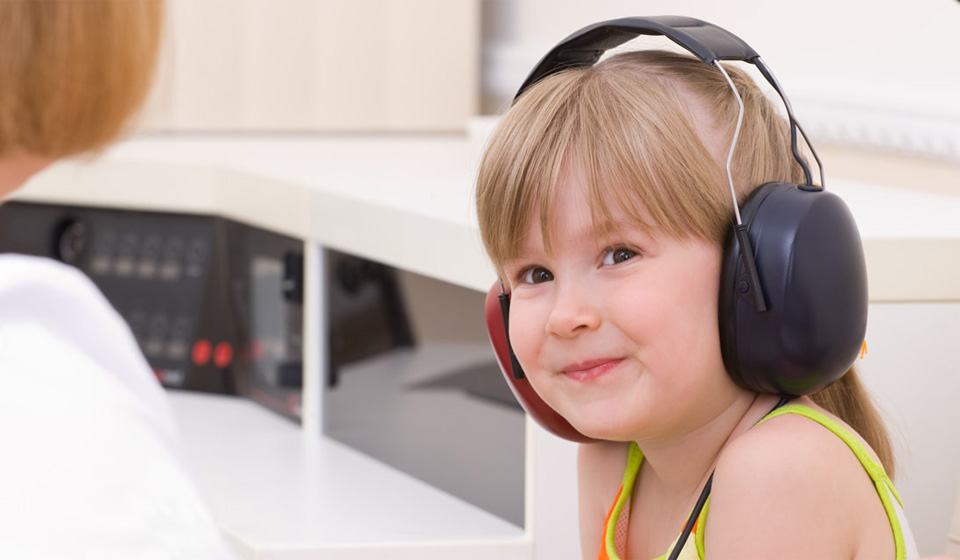There are over 50,000 children in the UK who are deaf and many more who experience some form of hearing loss, whether permanent or temporary. It is also estimated that 1 in 1000 children are born either severely or profoundly deaf.
With this number of children affected by hearing loss, it is important to know how this can affect their development and, in particular, their language development. A large proportion of those who are deaf (both children and adults) use British Sign Language (BSL). However, over 90% of the population that are born deaf are born to hearing parents.
There can be many signs that your child is experiencing hearing loss, even as an infant. They may find it difficult to locate the source of a sound, have a delayed response to sounds, rely on looking at the person speaking for lip movement or show a lack of understanding of speech in loud environments. It's important to have your child checked as soon as you feel they might be having any difficulties.
The effects that hearing loss can have on general development can vary from child to child and with the degree of hearing loss they might be experiencing. It has been suggested that children with a hearing impairment are more likely to report feeling isolated and not have as many friends which can affect their self-confidence and their social interaction skills. Their academic performance may be affected too.
The impairment can cause delays in the development of communication skills, in terms of both receptive and expressive skills (speech and language). Their vocabulary may develop more slowly than those without an impairment. Children may have problems learning more abstract words, such as 'kind', 'jealous', 'equal to', as well as words such as 'a', 'there' and 'an'. Children with a hearing impairment may also have difficulty understanding homophones (words that are spelt and sound the same but have different meanings). For example, the difference between 'bank', the side of a river, and 'bank', where money is kept.
There are also difficulties that can occur with the degree of hearing loss that they experience. For example, a child with mild hearing loss might find it difficult to identify softer sounds (such as whispering) while moderate to severely hearing impaired children might find it more difficult to hear loud, more clearly defined noises. Hearing loss may be due to many reasons, such as genetics or even excess ear wax.
Some of the reasons behind an impairment can be treated more easily than others, so it is important to have your child’s hearing checked as soon as you find they are experiencing a problem. In order to help a child with a hearing impairment to develop as best they can, it is important to seek help as soon as you notice they might be struggling.
Whether the hearing impairment rectifies itself, or whether the use of hearing aids or a cochlear implant is the right option, there is usually help at hand.





